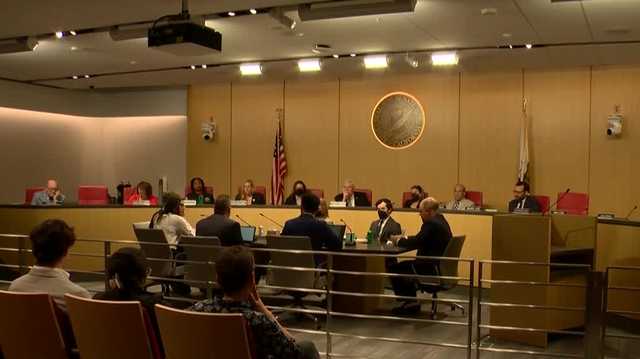
The California Bar Exam has become the focus of significant debate after the introduction of a hybrid format combining in-person and remote testing options. The new model, unveiled during the recent administration of the exam, has drawn criticism from examinees and legal education advocates, who argue it created an uneven testing environment and introduced unforeseen technical issues.
The hybrid approach was intended to offer greater accessibility and flexibility following the COVID-19 pandemic, which had necessitated remote testing solutions. However, critics argue that the reform has had unintended consequences. Test-takers reported problems ranging from system crashes and poor internet connectivity during the remote sessions to uneven proctoring standards and disparities in test-day conditions between in-person and online participants.
Some candidates who opted for remote testing described difficulties with the exam’s software platform, including lagging, disruptions during essay uploads, and extended downtimes during performance tests. Meanwhile, those who tested in person cited different environmental factors, such as noise levels and varying testing accommodations, leading to concerns that the format lacked uniformity in its administration.
Legal professionals and educators have questioned whether the hybrid format could undermine the perceived integrity and fairness of the licensing process. Some fear that disparities in testing conditions might affect examinee performance, thereby challenging the core principle of providing a level playing field for all candidates.
In response, the State Bar of California has acknowledged the concerns and has pledged to conduct a full review of the hybrid rollout. Officials stated that feedback from examinees is being collected and evaluated, and adjustments may be considered for future exams.
This development is part of a broader national conversation about bar exams and lawyer licensure, with many calling for updated testing metrics that more accurately reflect the skills needed to practice law today. The move toward hybrid or fully remote testing, while innovative, continues to prompt discussions about balancing accessibility, equity, and the rigorous standards expected from future legal professionals.
The California Bar’s ongoing review will be closely watched by other jurisdictions exploring similar changes, as the profession works to modernize the bar examination process in a rapidly evolving legal landscape.
Source: https:// – Courtesy of the original publisher.








